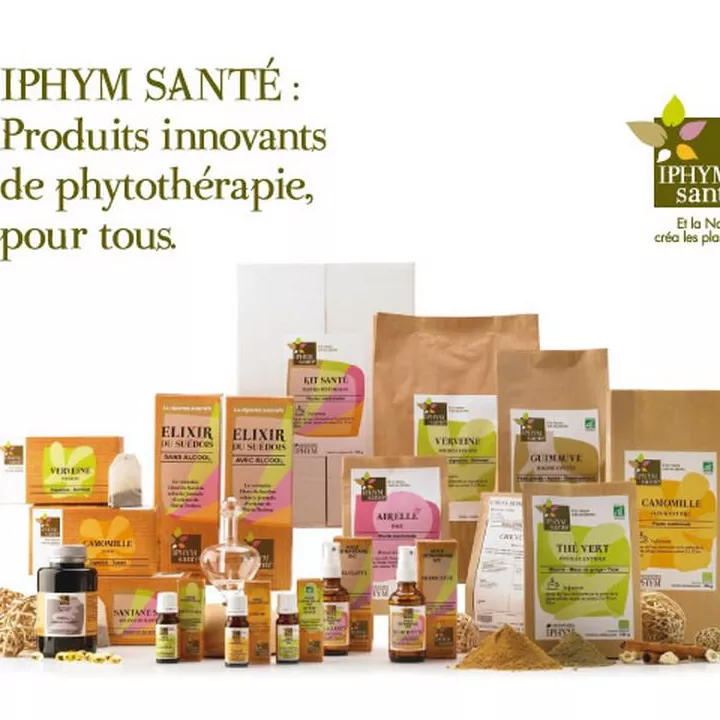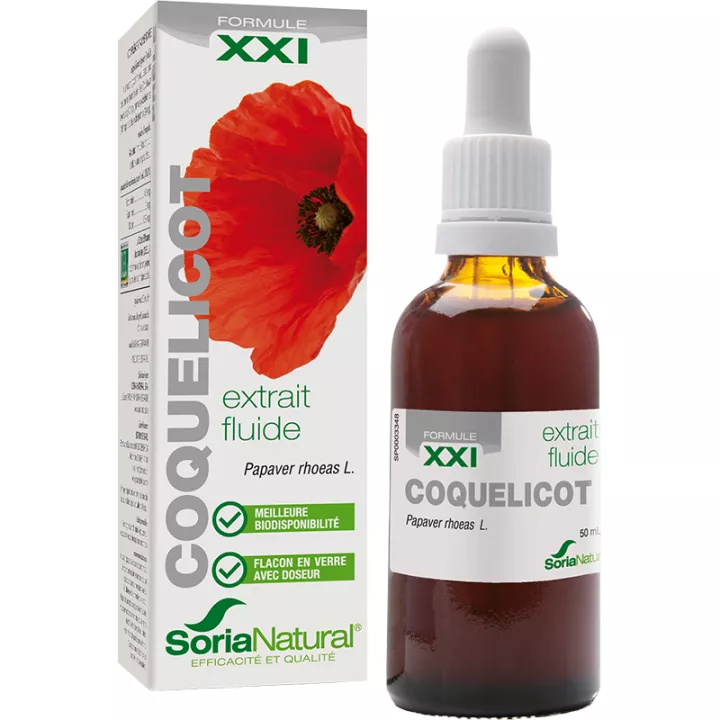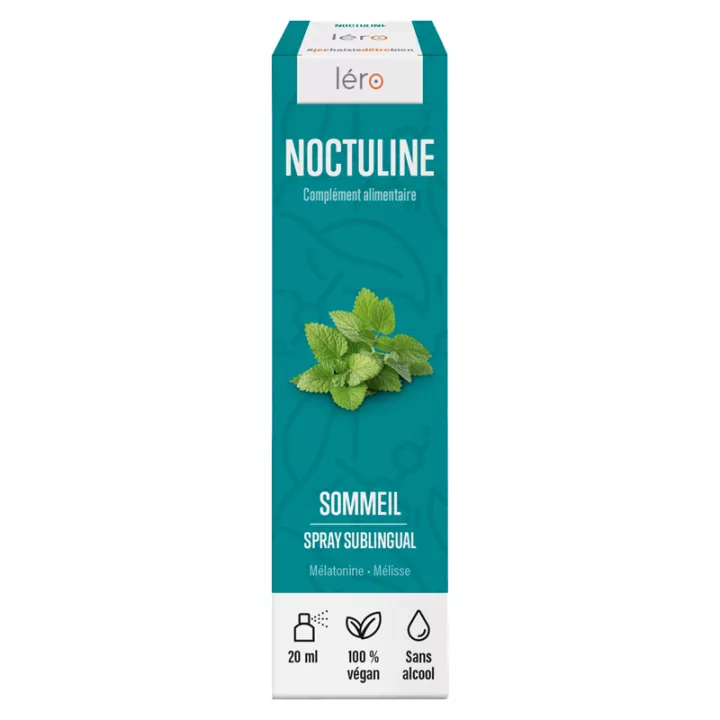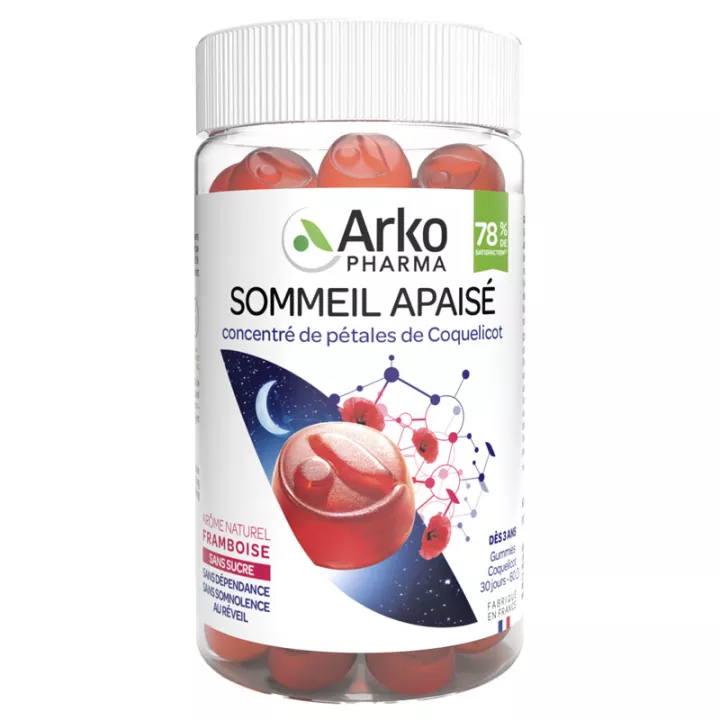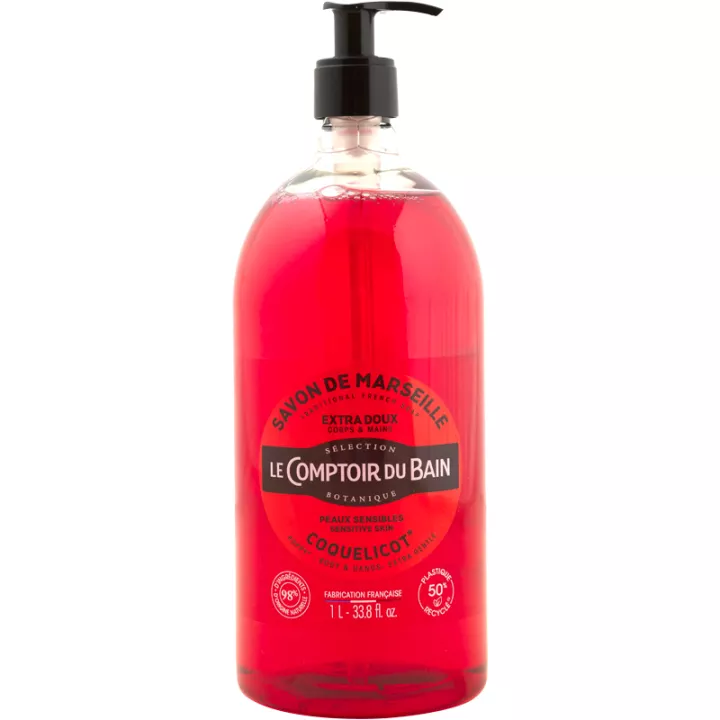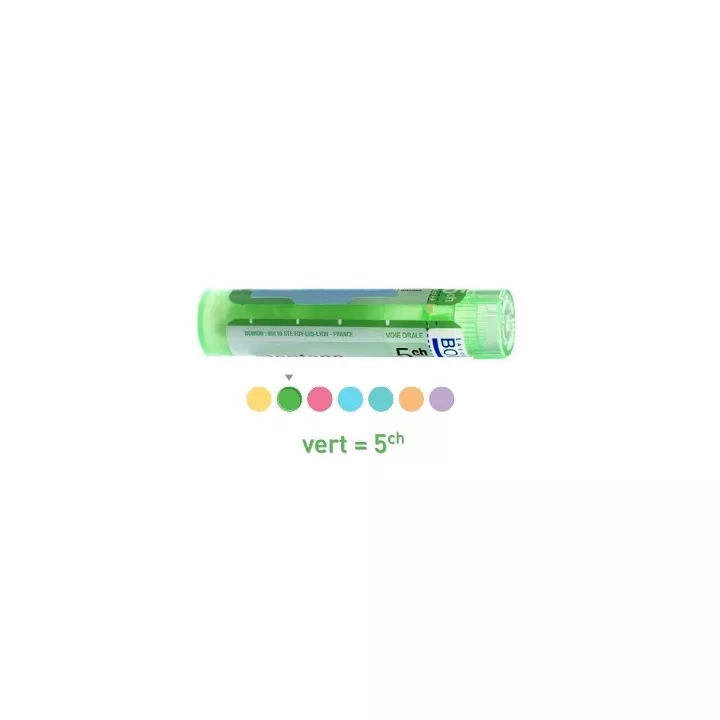What is the purpose of the Poppy?
The Poppy, also known as Papaver rhœas, is an iconic plant that stands out not only for its beauty, but also for its multiple therapeutic properties. What makes the Poppy so fascinating are its petals, rich in bioactive compounds. Among these, flavonoids such as cyanine and quercetin play a crucial role in its sedative effects. Indeed, these substances are known for their ability to promote relaxation in cases of nervousness,anxiety oremotionalism. Studies have shown that Poppy can help improve sleep quality, particularly in children, making this plant particularly valuable for families seeking natural solutions to sleep disorders.
Poppy's relaxing effects are not limited to sleep. Because of its soothing properties, it is also used to improve concentration and the memorization process, which can be beneficial for students or people under intense mental stress. This makes it an ideal ally for those wishing to optimize their cognitive performance while maintaining a sense of calm.
In addition to its benefits for the nervous system, Poppy has soothing effects that can relieve skin and mucous membrane irritations. In the event of a sore throat, hoarseness or cough, an infusion of petals can help soothe these unpleasant symptoms. The mucilages present in this plant act as emollients, providing real comfort.
Poppy petals are also listed in the French Pharmacopoeia for traditional use, attesting to their value in natural health care. Commission E, a German organization, recognizes Poppy flowers for their effectiveness against respiratory tract ailments and as a sedative. These recommendations are based on centuries of use in folk medicine, where Poppies were prized for their soothing and regenerative properties.
The rich antioxidant content of Poppy petals contributes to their protective potential against free radical damage. These natural compounds can promote wound healing and improve skin appearance. As a result, Poppy petals are often incorporated into skin care products, such as creams and lotions, for their beneficial effects on the skin. In addition, these petals can be used in infusions to calm the nerves and promote restful sleep.
Iphym also offers Coriander Fruit at the best price in our online pharmacy.
How to use this plant
To get the most out of Poppy, we recommend preparing an infusion. Use 1 tablespoon of petals for 1/4 liter of boiling water. Leave to infuse for 10 minutes, so that the active ingredients are fully released into the water. For optimum effect, drink three cups a day, with the last cup at bedtime, warm and sweetened with honey. This will allow you to enjoy the relaxing effects before going to bed, promoting better quality sleep.
Give your opinion on the advice for use and dosage of Poppy with our partner Verified opinions after your purchase.
Precautions for use:
Although Poppy is a generally safe plant, certain precautions are necessary. Poppy petal extracts should not be used during pregnancy or breastfeeding, as there is no data on their safety in these situations. In addition, Poppy is reserved for adults and children over 6 years of age. If you are taking sedative drugs such as anxiolytics or sleeping pills, it is preferable not to take Poppy, to avoid potentiating the effects. Caution is also advised when taking alcohol, as this may lead to increased drowsiness. Finally, avoid Poppy if you suffer from liver disorders or are allergic to morphine, codeine or other plants in the Papaveraceae family.
What does it contain?
Latin name: Papaver rhoeas L.
Family:Papaveraceae
Common names:cock-a-hoop, poppy, field poppy, rooster poppy, harvest poppy, red poppy, wild poppy, ponceau
Parts used : Petals
Origin: Bulgaria
Characteristics: Petals are scarlet red, with a small black heart at the base.
Active ingredients: Anthocyanin glycosides, isoquinoline alkaloids, mucilage, flavonoids and phenolic acids.
Presentation: Available in several formats: 25 g, 100 g, 250 g, 1 kg.

